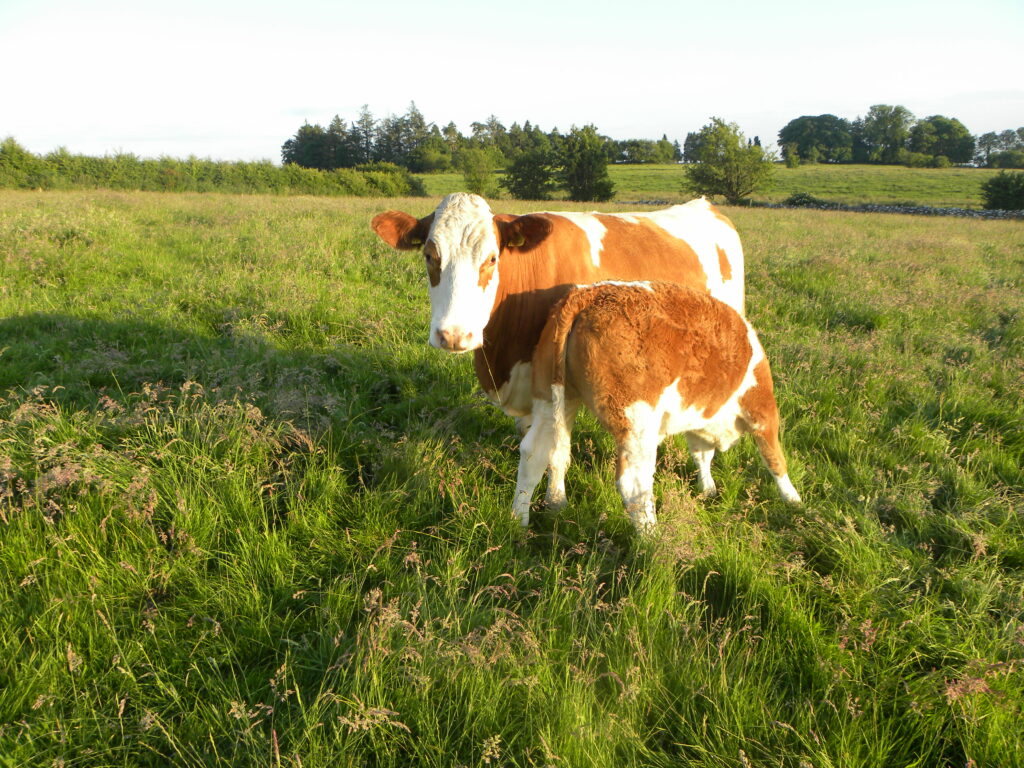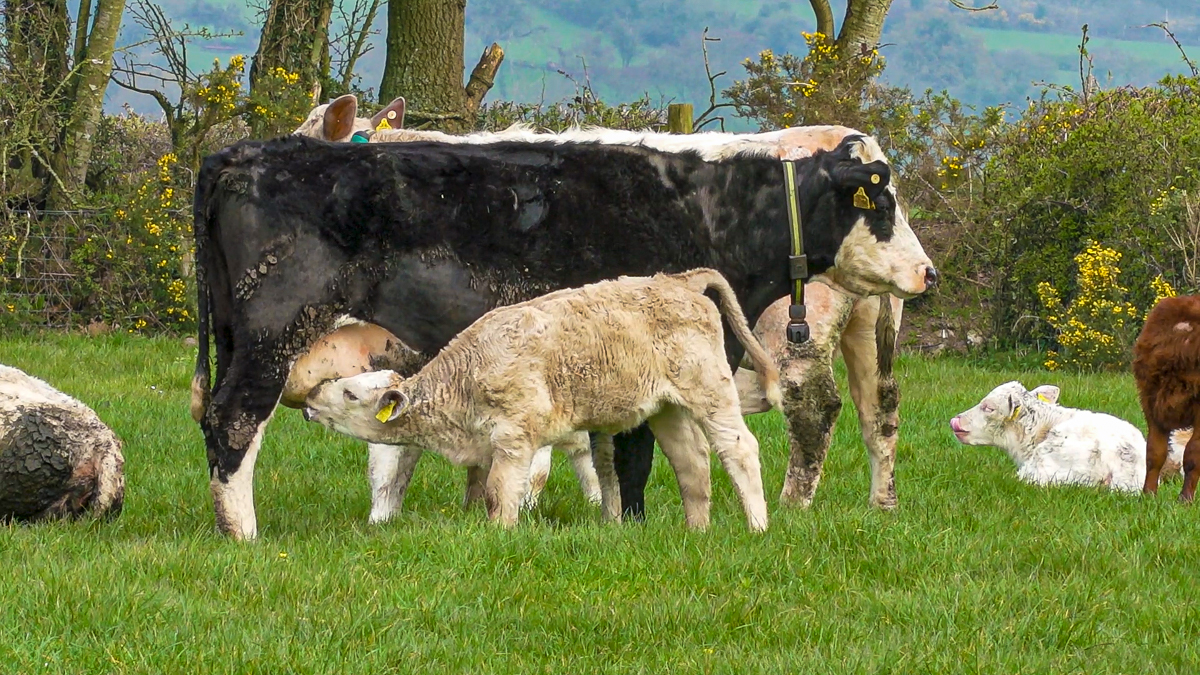The Irish Family Farm Group (IFFG) has claimed that the new Suckler Carbon Efficiency Programme (SCEP) is “not fit for purpose”.
The €260 million scheme, to run from 2023-2027, is set to replace the Beef Data and Genomics Programme (BDGP) and the Beef Environmental Efficiency Programme – Suckler (BEEP-S).
It aims to support beef farmers to improve the environmental sustainability of the national beef herd.
Under the scheme, which is set to open for applications in mid-March, suckler farmers that meet certain requirements will be able to draw down €150/cow for the first 10 cows and €120/cow for all remaining cows on the farm.
Suckler
However, chair of IFFG, Donie Shine believes that the country’s suckler farmers need to be protected from “Mickey Mouse schemes that are not fit for purpose”.
“I’m very passionate about rural Ireland and I feel that it is taking water at the moment and somebody had to say enough is enough,” he told Agriland.
He claimed that “farmers are voting with their feet” as there are up to 1,000 suckler cows per week being slaughtered at factories.
Shine said that factories and exporters have expressed concerns to him about a potential drop in the supply of good-quality suckler beef to meet market demand.
The IFFG chair added that there was no need for Minister for Agriculture, Food and the Marine Charlie McConalogue to rule out a beef reduction scheme as it is “already happening indirectly”.
If suckler numbers continue to fall, particularly in the west of Ireland, Shine believes that it will put marts under pressure due to a drop in the amount of stock being traded.

Before applying for the new (SCEP), farmers will be required to be members of the Bord Bia Sustainable Beef and Lamb Assurance Scheme (SBLAS).
According to the Department of Agriculture, Food and the Marine (DAFM), this is needed as the carbon footprint in the sustainability audit will be used to measure changes over the course of the contract.
Shine believes that this requirement will be “a big turn off” for many suckler farmers.
He added that the focus in the scheme should be brought back to the confirmation of cattle.
IFFG
Last September, the IFFG presented a 14-point plan for the suckler sector to Minister Charlie McConalogue.
This included an annual veterinary inspection for suckler herds and a requirement for all suckler calves to be vaccinated against pneumonia.
“It’s a small price to pay to have healthy animals going forward.
“I’m not saying that all animals are going to get pneumonia but it’s going to do away with a lot of the vets visits because you’re going to do away with a lot of problems going forward for more mature animals,” Shine said.
The IFFG suggested that a dedicated health and safety course should be rolled out for suckler farmers.
The group also raised concerns about the age profile of suckler farmers and called for more to be done to attract young people into the sector.
When asked if it was too late to radically change the SCEP, which is part of the new Common Agricultural Policy (CAP), Shine replied: “You’re never too late to anything in life, if you’re doing something wrong.”
He said that the IFFG is planning to hold meetings around the country “to give confidence back to farmers”.
The group is also hoping to meet with Minister McConalogue and the DAFM in the future.
